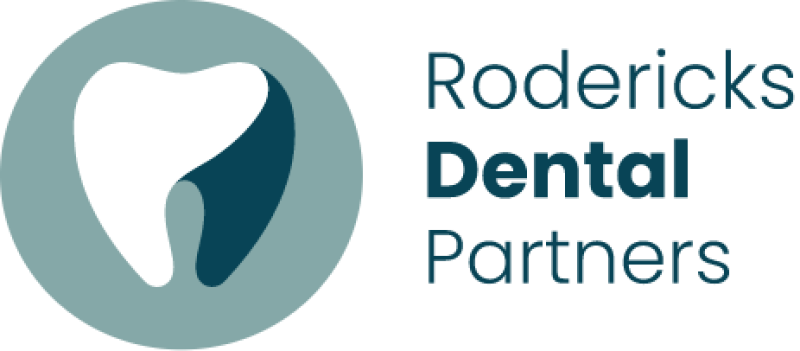The tooth sometimes hurts
Causes of toothache
There are several reasons a tooth can start to ache, including:[i]
· Tooth decay
· A dental abscess
· A cracked or damaged tooth
· A loose or broken filling
· Problems with fixed braces or aligners
Toothache may be caused by inflammation of the dental pulp (the inner part of the tooth containing nerves and blood vessel). This is often the result of dental caries (decay). Tooth decay is the most common noncommunicable disease, affecting 60-90% of school children worldwide[ii] and over 30% of adults in the UK.[iii] Tooth decay can happen when bacteria build ups and creates a plaque biofilm on the teeth. If not regularly removed, this damages the surface of the teeth.
A dental abscess is when pus builds up beneath the teeth or gums due to an infection in the mouth. You may be susceptible if you have a tooth that has not grown out of your gums properly; you have tooth decay or gum disease; you have injured your teeth or gums; or you’re having radiotherapy or chemotherapy.[iv]
Pain from a cracked or damaged tooth, whether through trauma, age or night-time tooth grinding, is a result of irritated pulp (the soft inner part of the tooth containing nerves and blood vessels). The tooth will not only hurt when chewing but may also become sensitive to hot and cold food and drinks.[v] Similarly, when a filling becomes loose, it exposes the pulp to harmful bacteria, pressure and temperature changes. This will further inflame the nerves within the affected tooth, causing pain and discomfort.
Teeth can also ache from wearing an orthodontic device such as a fixed brace or aligner. While discomfort cannot be avoided completely during orthodontic treatment, chewing (sugar-free) gum can provide some pain relief.[vi]
Preventing and treating dental pain
To keep toothache at bay, a good oral health routine is crucial. This means brushing the teeth at least twice a day with a fluoride containing toothpaste and spitting after brushing (don't rinse). You also need to clean in between your teeth daily using floss or interdental brushes. Ideally, think about limiting your intake of sugary food and drink too. For smokers, look to quit as soon as possible as well.[vii]
If you do experience toothache, contact your local Rodericks Dental Partners practice for help. Our friendly dental team are experts in getting you out of pain. They can also help you improve your oral hygiene so that you don’t experience toothache again any time soon! Find your local practice at https://rodericksdentalpartners.co.uk/our-practices/search .
[i] NHS https://www.nhs.uk/conditions/toothache/
[ii] Renton T. Dental (Odontogenic) Pain. Rev Pain. 2011 Mar;5(1):2-7. doi: 10.1177/204946371100500102. PMID: 26527224; PMCID: PMC4590084. [Accessed December 2023]
[iii] Oral Health Foundation. Oral health statistics in the UK. https://www.dentalhealth.org/oral-health-statistics#:~:text=Almost%20one%20in%20three%20(31%25)%20of%20adults%20have%20tooth%20decay. [Accessed February 2024]
[iv] NHS https://www.nhs.uk/conditions/dental-abscess/
[v] Thomas J. Hilton, Ellen Funkhouser, Jack L. Ferracane, Valeria V. Gordan, Kevin D. Huff, Julie Barna, Rahma Mungia, Timothy Marker, Gregg H. Gilbert, Associations of types of pain with crack-level, tooth-level and patient-level characteristics in posterior teeth with visible cracks: Findings from the National Dental Practice-Based Research Network, Journal of Dentistry, Volume 70, 2018, Pages 67-73, ISSN 0300-5712,
https://doi.org/10.1016/j.jdent.2017.12.014. (https://www.sciencedirect.com/science/article/pii/S0300571217303184)
[vi] Santos DJDS, Jr JC. Chewing gum as a non-pharmacological alternative for orthodontic pain relief: A randomized clinical trial using an intention-to-treat analysis. Korean J Orthod. 2021 Sep 25;51(5):346-354. doi: 10.4041/kjod.2021.51.5.346. PMID: 34556589; PMCID: PMC8461386. [Accessed December 2023]
[vii] NHS https://www.nhs.uk/conditions/tooth-decay/
[i] A-Z Quotes, https://www.azquotes.com/quotes/topics/toothache.html
See a career here?
More blogs
The latest updates to get your teeth into.
